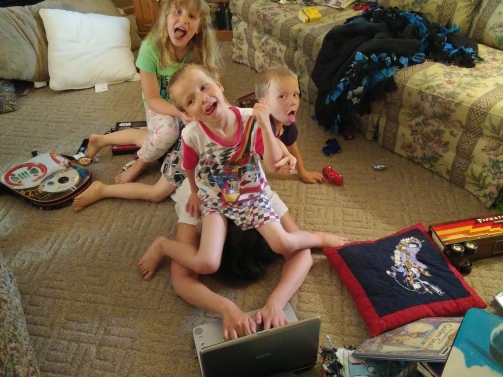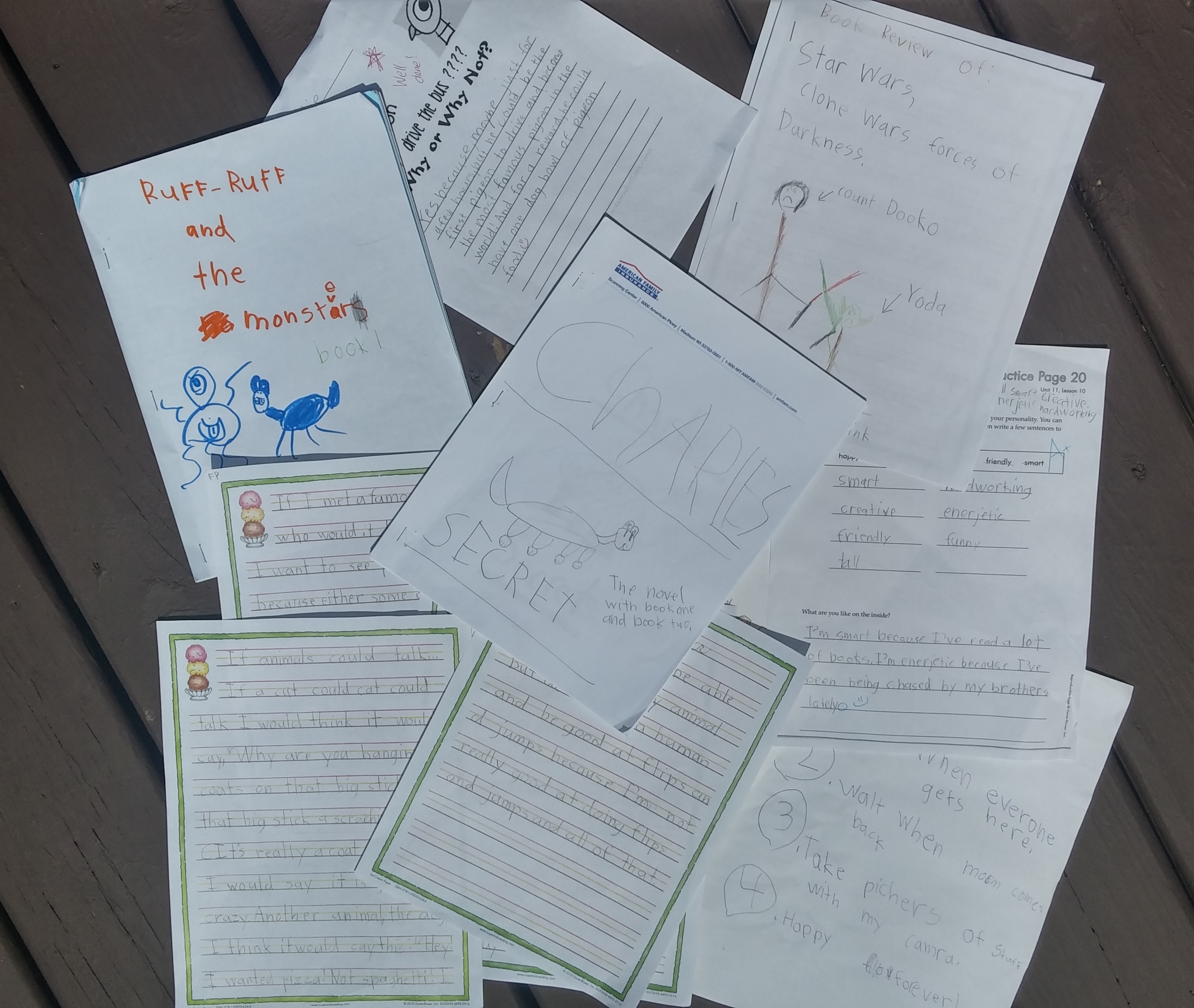When Aionios Books offered me a contract, I lost all feeling in feet and fingers. I just waved my arms like Wallace scheming to land on a moon full of cheese.
Bo looked at me with a Gromit-ish eye roll, but was proud, nonetheless.
Part of the plan put to me by Gerri Santiago involved splitting my manuscript for Fallen Princeborn: Stolen into two books. She explained that the word count was a bit much for Young Adult.
150,000 words is too much? That’s only 600some pages of…you know, a debut novel from an author hardly a soul knows.
Okay, let’s split it.
The most apt place for the severance comes at the end of Fallen Princeborn‘s second act: the heroes have just battled one crew of baddies and are regrouping before the baddie crew arrives. With Stolen’s new arc set, Gerri has been helping me see areas where world-building can use more color, where pov voices require more definition–you know, the stuff I bother other writers about in my interviews. As Book 1 blooms all bright and pretty, Act III-turned-Book 2 looks more and more…wee.
I open the “book” and scope out its word count.
50,000.
Uh oh.
Where’s the book?
A single act does not a book make. It introduces fresh villains, sure, but Book 2’s narrative can’t pick up immediately where Stolen leaves off without some fresh establishment of the core cast, touching up on the setting, redefining the voices of the protagonists and narrator, and bringing in EVERYTHING THAT MAKES A STORY.
Oh dear.
No, Writer Me, don’t panic. That’s still 50,000 words of material to utilize. Those characters who only got a cameo so they could be saved for later? Let’s flesh’em out now. That whole new breed we introduce but don’t really dwell on? Visit their realm and see what makes them tick. The new villains we get to meet in these 50,000 words? Give’em more words. Let them breed a bit more treachery, let them show their gilded goodness before their truly nasty mettle. And just what are these people, anyway? Let’s wade into the murky swamp of Magic’s history.
Thanks to the severance, these trying times for the heroes have a chance to be truly trying. Why cram all these dramatic moments together? This is a book, not a movie trailer.
But while Fallen Princeborn originally had eight years to mature, Book 2 needs to be rewritten in half a year while maintaining some semblance of motherhood over the little Bs, teaching, writing book reviews, website stuff, and more. These obligations are not going away. By hook or by crook, Book 2’s manuscript must be completed by June’s end.
That’s only, oh, another 50,000 words…the same word count challenge for National Novel Writing Month. This means writing at 1700 words a day, or fall short of the finish line.
Panic?

Ever try to write with a five-year-old sitting on your head?
No.
Panic wastes time and energy. No.
I once wrote about writing and parenting with all three kids at home. Time to pull out the old plan and crank it up from past needs to present.
First, contact the school district and enroll all three in summer school. Now I have mornings sans kids for about half the month.
Next, dig through all the kid movies. What hasn’t been watched in a while? Save it. Use it during the first chunk of June. If the kids are engaged, they won’t fight for a couple of hours.
Talk to Bo. Work out any days he can get home early, or when home projects can be done on week nights so the weekends can be saved for extra writing time.
See how other writers maintain their NaNoWriMo-ness when NaNoWriMo ain’t goin’ on. Fantasy writer John Robin, for instance, has a great idea for maintaining the NaNo drive off the clock.
Yeah, there’s a deadline, and yeah, it’s frickin’ scary. Some days I might only get 1,000 words done, or even less, and then other days crank out an insane 5,000. The point is we can’t afford to think about the time we don’t have. We must embrace the race to write. Steal every minute we can. There will be stumbling blocks, there will be plot holes, but we’ll get to those in the editing. For now, it’s time to hurl ourselves into the story and run.





 Christopher Lee is the indie author of
Christopher Lee is the indie author of 
 Oh dear, this is something that I struggled with mightily. I wanted Samsara to be infinitely more complex than myself and slowly came to the realization that it was going to take more than I had in my toolkit. Writing the opposite gender is full of pitfalls which can either make or break your story. As a male, it was a struggle to craft a flawed, yet empowered eighteen-year-old girl that didn’t reek of male influence. I worked with a model I have seen in my own life as Sam is loosely based on my wife. I find that this process is helpful, especially when writing characters of the opposite gender, though it is also helpful in crafting characters of your own gender. Trust your heart, it knows how people interact, but you have to make sure to be honest in your assessments and resist the urges that don’t fit with the characters personality. Another thing to do is do personality tests as if you were the character. I find that to be thoroughly enlightening.
Oh dear, this is something that I struggled with mightily. I wanted Samsara to be infinitely more complex than myself and slowly came to the realization that it was going to take more than I had in my toolkit. Writing the opposite gender is full of pitfalls which can either make or break your story. As a male, it was a struggle to craft a flawed, yet empowered eighteen-year-old girl that didn’t reek of male influence. I worked with a model I have seen in my own life as Sam is loosely based on my wife. I find that this process is helpful, especially when writing characters of the opposite gender, though it is also helpful in crafting characters of your own gender. Trust your heart, it knows how people interact, but you have to make sure to be honest in your assessments and resist the urges that don’t fit with the characters personality. Another thing to do is do personality tests as if you were the character. I find that to be thoroughly enlightening.
 A lot of reading, researching and world-building. I basically compiled lists of the all the characters and figured out which major story-lines would work in concert with the others. The characters that play large roles in those story lines became my main POV characters. At first I wasn’t sure how I was going to tie them all together, but remarkably they all seemed to fall into place, as though the story itself was commanding itself to be written. Each Pantheon has their own story arch that will occur in Season One, mimicking major events in that cultures myth. I simply had to pick the characters that jived with that story-line and just follow the blueprint that the ancients left us, and whallla–Pantheon! I only pray that I have given it its proper due.
A lot of reading, researching and world-building. I basically compiled lists of the all the characters and figured out which major story-lines would work in concert with the others. The characters that play large roles in those story lines became my main POV characters. At first I wasn’t sure how I was going to tie them all together, but remarkably they all seemed to fall into place, as though the story itself was commanding itself to be written. Each Pantheon has their own story arch that will occur in Season One, mimicking major events in that cultures myth. I simply had to pick the characters that jived with that story-line and just follow the blueprint that the ancients left us, and whallla–Pantheon! I only pray that I have given it its proper due. This was a HUGE jump. After half a million words spent writing Nemeton in the Third Person Omniscient viewpoint, first person was like trying on someone else’s skin. I thought it would be more difficult than it was, but once I sat down and just started to click the keys it flowed out of me. I’ve enjoyed it thus far because I can go deeper with the character than I can in 3rd, but it does limit a great deal of what I can do. I bend the rules a bit because my characters all have a little of me in them, aka a hyperactive mind, which may not be to the liking of all readers, but hey man–this is fantasy. Suspend your beliefs when you walk through that door.
This was a HUGE jump. After half a million words spent writing Nemeton in the Third Person Omniscient viewpoint, first person was like trying on someone else’s skin. I thought it would be more difficult than it was, but once I sat down and just started to click the keys it flowed out of me. I’ve enjoyed it thus far because I can go deeper with the character than I can in 3rd, but it does limit a great deal of what I can do. I bend the rules a bit because my characters all have a little of me in them, aka a hyperactive mind, which may not be to the liking of all readers, but hey man–this is fantasy. Suspend your beliefs when you walk through that door.














 But what we don’t often see is a murder of crows kidnap a baby, which is what happens to Prue in the first line of Wildwood:
But what we don’t often see is a murder of crows kidnap a baby, which is what happens to Prue in the first line of Wildwood: